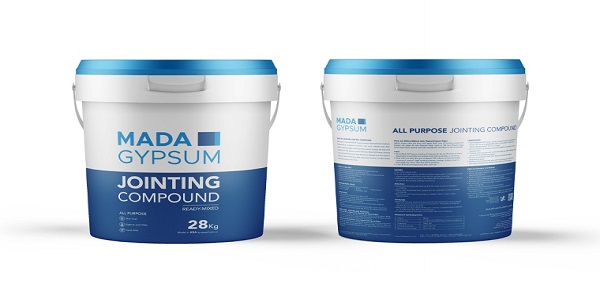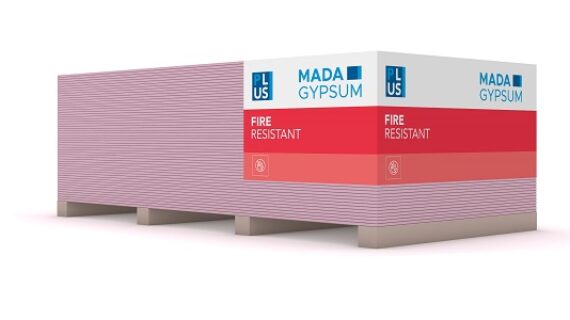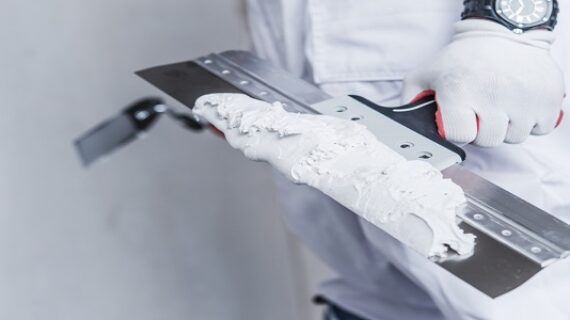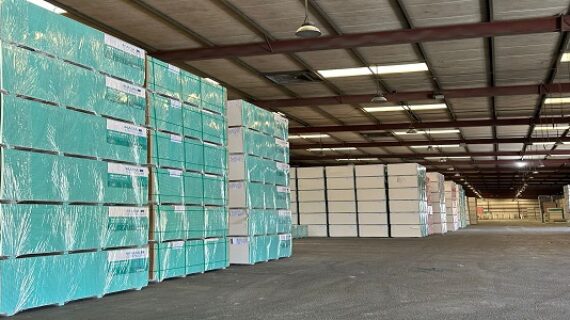Joint Compounds for Drywall: Choose the Right One
Drywall installation and finishing is a meticulous process that demands attention to detail. One of the essential components in achieving a seamless and professional look is the proper use of jointing compounds. These compounds play a significant role in hiding joints, seams, and imperfections, ensuring a smooth and uniform surface for painting or wallpapering.
Choosing the right drywall joint compound from resources such as Mada Gypsum, Saudi Arabia, is key to the success of your project, and it’s important to understand the different types available and their respective applications. Let’s understand how you can select the best type of drywall jointing compound to meet your specific needs and deliver best results for your projects.
What are Joint Compounds?
Drywall joint compounds, also known as jointing compounds, are pastes that are applied to cover joints and imperfections in drywall installations. They are typically made from a combination of gypsum dust, polymers, and other additives that give them the desired properties such as adhesion, workability, and drying time.
What are the Types of Joint Compounds?
A. Lightweight Joint Compounds
Lightweight joint compounds offer easy application and excellent coverage. Their reduced density makes handling and sanding a breeze, making them ideal for patching, filling, and smoothing imperfections in drywall projects.
B. Setting-Type Joint Compounds
Setting-type joint compounds dry through a chemical reaction, offering quick-setting options for tight deadlines and slow-setting variants for more extensive and complex projects.
C. All-Purpose Joint Compounds
As the name suggests, all-purpose joint compounds are versatile and well-suited for various drywall applications, including embedding tape, filling, and finishing coats.
D. Taping Compounds
Specifically designed for the initial phase of drywall finishing, taping compounds provide excellent adhesion to secure drywall tapes firmly in place. They are typically used in combination with other joint compounds to achieve seamless and sturdy finishes.
Factors to Consider When Choosing Joint Compounds
A. Project Size and Scope
Consider the scale of your project, whether it’s a small repair job or an extensive renovation. For small repairs or patchwork, lightweight drywall joint compounds might be sufficient. However, for extensive projects, setting-type or all-purpose joint compounds could be more suitable.
B. Drying Time and Working Window
If you’re on a tight schedule, quick-setting joint compounds might be your best bet. However, if you need more time to work with the compound, slow-setting options are available.
C. Sanding Ease and Smoothness
For smoother and easier sanding, lightweight compounds are generally preferred. This factor is crucial for achieving a polished and flawless finish.
D. Adhesion Strength and Durability
For areas prone to high impact or moisture, opt for joint compounds with strong adhesion properties and enhanced durability.
E. Environmental Considerations
Some jointing compounds are formulated to be low in Volatile Organic Compounds (VOCs), making them more environmentally friendly and suitable for green building projects.
Final Thoughts
By making an informed decision, you can achieve a successful and professional drywall installation and finishing process. Remember to assess the requirements of your project and select the joint compound that aligns best with your goals.
Discover the high-quality multipurpose drywall jointing compounds tailored to your needs at Mada Gypsum, Saudi Arabia. Visit our website or call us to explore our full selection of joint compounds and take the first step towards a flawless drywall finish. Whether you’re a DIY enthusiast or a professional contractor, we have the perfect solution for your drywall finishing needs.







